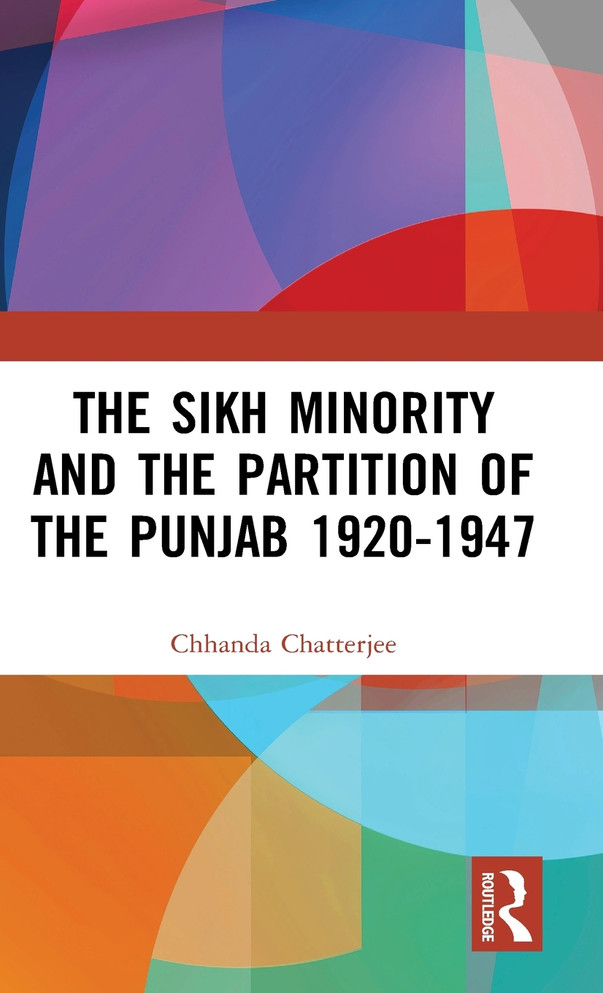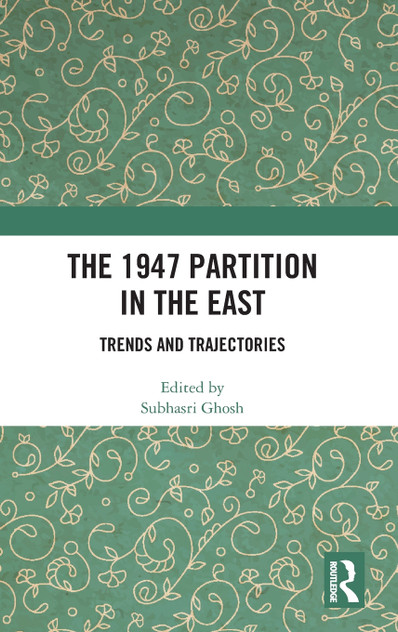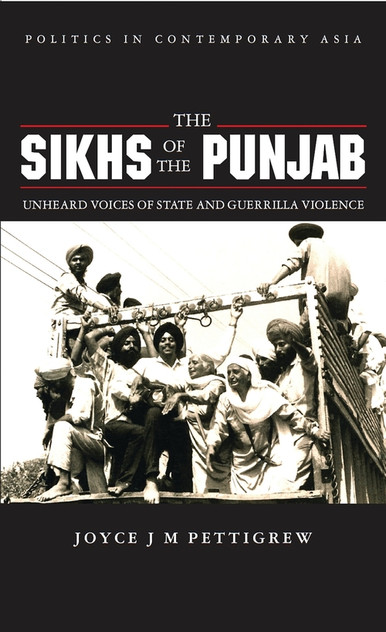
The Sikh Minority and the Partition of the Punjab 1920-1947

The Sikh Minority and the Partition of the Punjab 1920-1947
Description
Guru Nanak had gifted the Sikhs with an ideology. Guru Angad had given them the Gurmukhi script. Guru Arjan Dev coalesced the hymns authored or collected by the Gurus and made them a people of the book. Guru Govind Rai created the Khalsa identity with its five symbols (Panj Kakke). Maharaja Ranjit Singh's conquests gave them the pride of race. British insistence on recruiting only keshdhari Sikhs encouraged the Khalsa to assert their distinct identity. The trend accelerated since the revolt of 1857, when John Lawrence reversed the initial successes of the rebels with the recovery of Delhi with forces from the Punjab. Sikhs were co-opted by the British with the clever broadcast of the Guru Tegh Bahadur myth that the Sikhs would be able to avenge the martyrdom of the Guru in Delhi with the help of a white race. Since then the Sikhs formed the backbone of the British Indian army and all their political influence flowed out of this military connection.
The unexpected Congress concession of weightage to the Muslims in the Lucknow Pact of 1916 awakened the Sikhs to the necessity of the defence of Khalsa interests. Their vociferations compelled the British to concede a 19 per cent weightage for the Sikhs in the Montagu-Chelmsford Act of 1919. Gandhi appreciated the indispensable nature of Sikh support for the success of the British military machine. His attempt to subsume the Akali movement under the umbrella of the Non-Cooperation movement in the 1920s against the British and again his attempt to win over the Sikhs for his Civil Disobedience movement during the Lahore Congress in 1929 reflected this shrewd political sense. Sikhs continued to wrench concessions both from the British and the Congress as long as the Pax Britannica had any chance of survival. But as the negotiations for decolonization quickened after the end of the Second World War, the magic of Sikh arms could no longer work miracles for their slender numbers. While British statesmen from Cripps to Attlee - all burnt gallons of midnight oil thinking of an acceptable settlement of the Hindu-Muslim impasse, no one paid much attention to the pathetic quest of Sikh leaders since 1940 to work out an acceptable formula for readjusting the borders of the Punjab to accommodate the birthplace of the Gurus or the canal colonies, worked through long years of Sikh toil.
This book traces the history of Sikhs in India, from the formation of a distinct Sikh identity, to their struggle for political representation in the pre-indedenpence era and their quest for an independent state.
Please note: Taylor & Francis does not sell or distribute the Hardback in India, Pakistan, Nepal, Bhutan, Bangladesh and Sri Lanka
Customers Also Viewed
Buy Books Online at BookLoop
Discover your next great read at BookLoop, Australiand online bookstore offering a vast selection of titles across various genres and interests. Whether you're curious about what's trending or searching for graphic novels that captivate, thrilling crime and mystery fiction, or exhilarating action and adventure stories, our curated collections have something for every reader. Delve into imaginative fantasy worlds or explore the realms of science fiction that challenge the boundaries of reality. Fans of contemporary narratives will find compelling stories in our contemporary fiction section. Embark on epic journeys with our fantasy and science fiction titles,
Shop Trending Books and New Releases
Explore our new releases for the most recent additions in romance books, fantasy books, graphic novels, crime and mystery books, science fiction books as well as biographies, cookbooks, self help books, tarot cards, fortunetelling and much more. With titles covering current trends, booktok and bookstagram recommendations, and emerging authors, BookLoop remains your go-to local australian bookstore for buying books online across all book genres.
Shop Best Books By Collection
Stay updated with the literary world by browsing our trending books, featuring the latest bestsellers and critically acclaimed works. Explore titles from popular brands like Minecraft, Pokemon, Star Wars, Bluey, Lonely Planet, ABIA award winners, Peppa Pig, and our specialised collection of ADHD books. At BookLoop, we are committed to providing a diverse and enriching reading experience for all.









